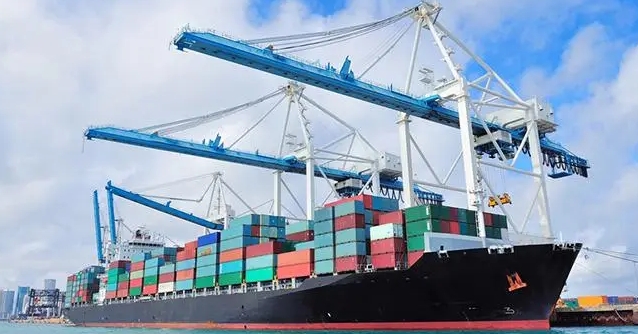What direction will international shipping also develop in 2024?
According to Keystone Law, the EU's shipping emissions trading system, the resurgence of piracy, and electronic trade documents are all trends that need close attention in the new year.
Over the past year, the shipping industry has faced multiple challenges: global conflicts (and resulting cost increases and supply chain disruptions), greater push for sustainability, and gradual (and skeptical) adoption of technological advancements. These will continue to accelerate and affect the shipping industry in 2024.

EU Emissions Trading System
Starting from January 1, 2024, ship operators will need to purchase carbon credits on the European Emissions Trading System (EU ETS), with ships stopping at least one port in the EU. Firstly, operators will need to purchase credit limits that reflect 40% of the ship's emissions during navigation, but this proportion will increase year by year until 2027. In some cases, operators will need to purchase credit limits that reflect 100% of the ship's emissions during navigation. Operators must also monitor and report the emissions from their ships.
In the charter party, the shipowner is responsible for purchasing these credits, but they can effectively pass on the cost of these credits to the lessee, as these credits are generated by the lessee's use of the vessel. Under a time charter agreement, disputes may arise between the shipowner and lessee, as the amount and cost of carbon credits required for a voyage are reportedly not only due to the lessee's use of the vessel, but also due to the vessel's poor condition - which may lead to disputes, such as in post lease and underperforming disputes (assuming the purchased carbon credits reflect the actual emissions of the vessel).
UK Electronic Trade Documents Act 2023
Another modernization and decarbonization measure is to use electronic bills of lading. The Electronic Trade Documents Act 2023 in the UK aims to pave the way for the transition from using paper bills of lading (and other related transport documents) to electronic bills of lading. Unfortunately, this is a question of whether there was a chicken or an egg first. Considering the risks of hacker attacks and other related cybercrime, the bill requires the establishment of a "reliable system" to ensure the security of electronic bills. Many electronic billing platforms/systems have been in existence for some time, but according to the bill, what constitutes a "reliable system" will be clarified by UK courts at an appropriate time, as the reliability of any such system is disputed. This takes time, and the uncertainty of the transition period is likely to slow down the adoption of electronic bills - although operators generally do not oppose the transition to electronic bills in principle, some operators may be more willing to wait for the court to provide a more detailed definition of the parameters of "reliable systems" and for other jurisdictions to compile the legal framework for electronic bills. However, if the system has not been tried and tested by the operators, it cannot be tested by the court.
